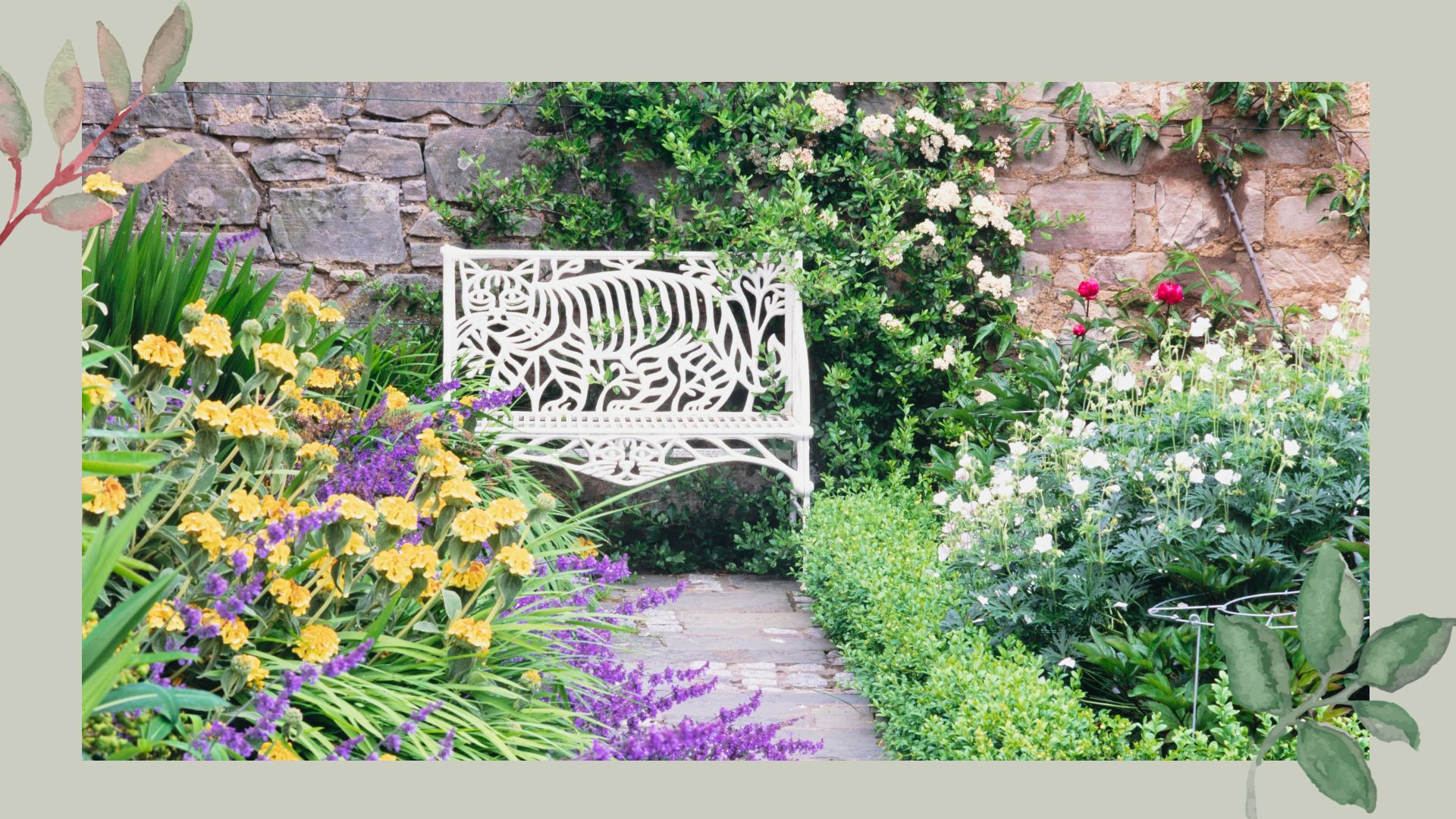
Let's face it; braving the famous Chelsea Chop takes some doing, even if you're au fait with pruning techniques, because it demands that you cut your plants back. Hard. Does it work, though?
Once upon a time, I thought of gardening as something you approached with a kind of reverent hesitation. I’d tiptoe into borders, deadheading plants nervously, and prune only when absolutely necessary, as if I were trimming my own fringe with trembling hands.
I thought any drastic snip might be the undoing of months (or years) of slow, careful growth and established garden trends. That a hard prune would, despite all assurances to the contrary, kill off my beloved plant babies. But then I met my husband.
This is a man who patently is not, as I quickly learned, a tentative gardener. He doesn’t tiptoe: he charges into the garden armed with a pair of secateurs or a pruning saw. I once watched him cut a huge clump of sedum clean in half (at peak growth, no less) while I looked on in horror.
“It’ll be fine,” he said, grinning. “Chelsea Chop. It’ll come back better.”
So, what is the Chelsea Chop? And what are the benefits?
We've all at least heard of the Chelsea Chop, largely thanks to Monty Don's fondness for the Chelsea Chop method, even if we have no idea what it entails. It’s one of those slightly intimidating terms that gets tossed around in gardening circles, usually with a nod to the experts or the ‘proper’ gardeners.
According to Morris Hankinson, founder and managing director of Hopes Grove Nurseries, the Chelsea Chop “is a gardening technique that is usually performed around the time of the RHS Chelsea Flower Show".
"It involves cutting back some herbaceous perennials by about a third to a half. This encourages new, bushy growth and flowering later in the season," he explains, noting that many of these are on the list of essential plants to prune before the end of May anyway.
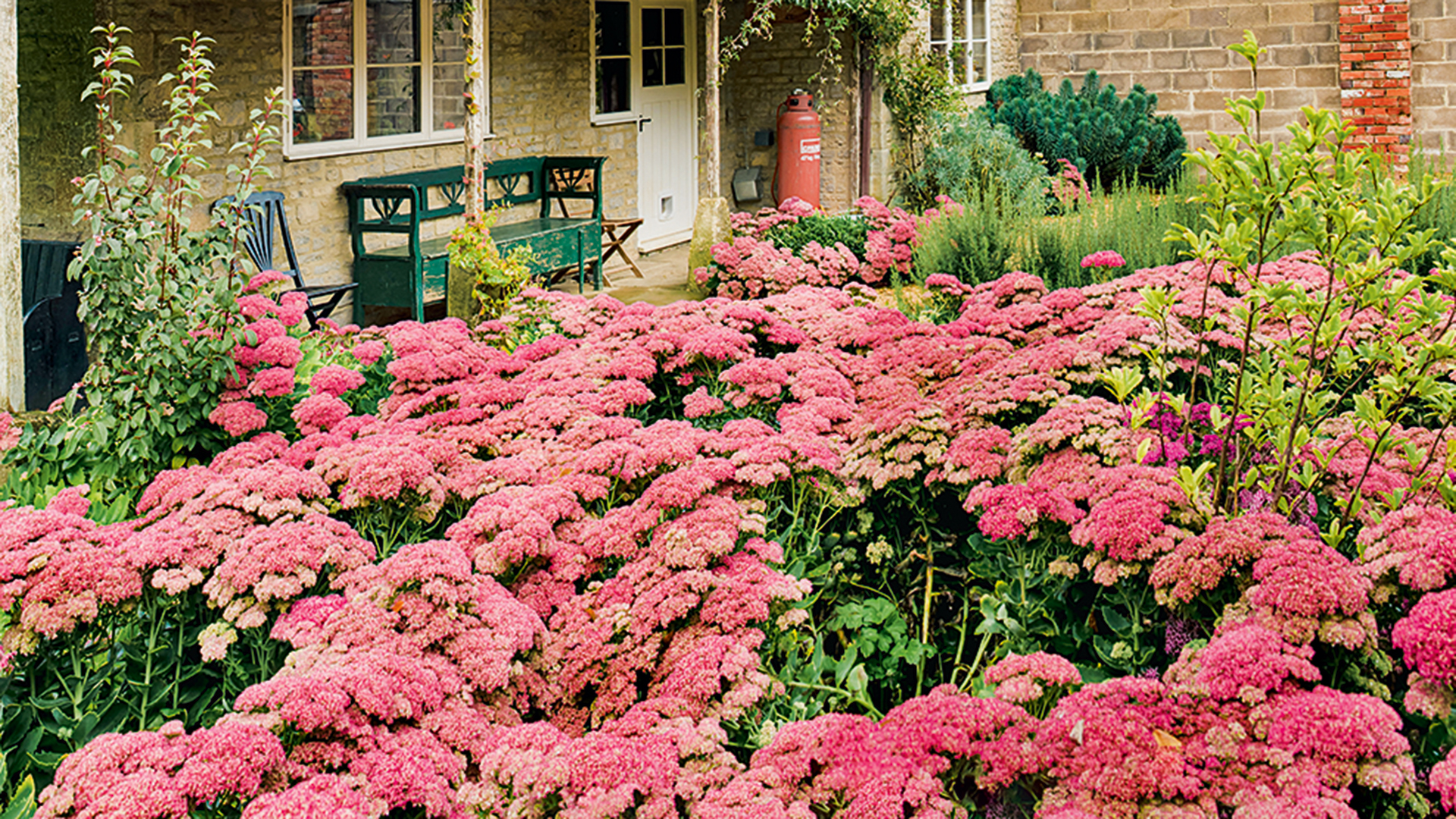
Sounds simple enough, I suppose. But to someone like me, whose default gardening style used to be “don’t touch it and hope,” the idea of hacking back half a plant felt like a gamble.
Still, I couldn’t deny the results. That aforementioned sedum that my husband chopped? It came back tighter, sturdier, and much less floppy than mine, which decided to do a sideways lean by mid-June.
The thing is, my husband does this to everything. He’s practically famed among our friends for it. He once took my neighbour’s olive trees down by a full third as I watched through my fingers (and she chuckled nervously), but sure enough, they came back bushier and healthier than ever.
It’s definitely a “more is more” approach. Bold, fearless... and annoyingly effective.
The cut one, leave one method
It wasn’t long before I decided to try the Chelsea Chop for myself. Tentatively, at first. I did half an echinacea one year, just to see. It felt like cutting off its hair mid-party. But it worked. I got fresh growth, extra flowers, and a lovely lesson in trust.
“With plants that already have plenty of growth, it can seem counterintuitive to cut them back with shears,” Morris says.
“It may seem a bit harsh, but it’s beneficial, so don’t be scared. If you’d like some flowers sooner, followed by more later, you could give the plant a Chelsea Chop by cutting back half of the plant and see how that compares to the area which hasn’t been chopped.”
That’s exactly what I started doing: one half chopped, one left alone. A cautious experiment that, in time, became a confident habit.
Pruning essentials:
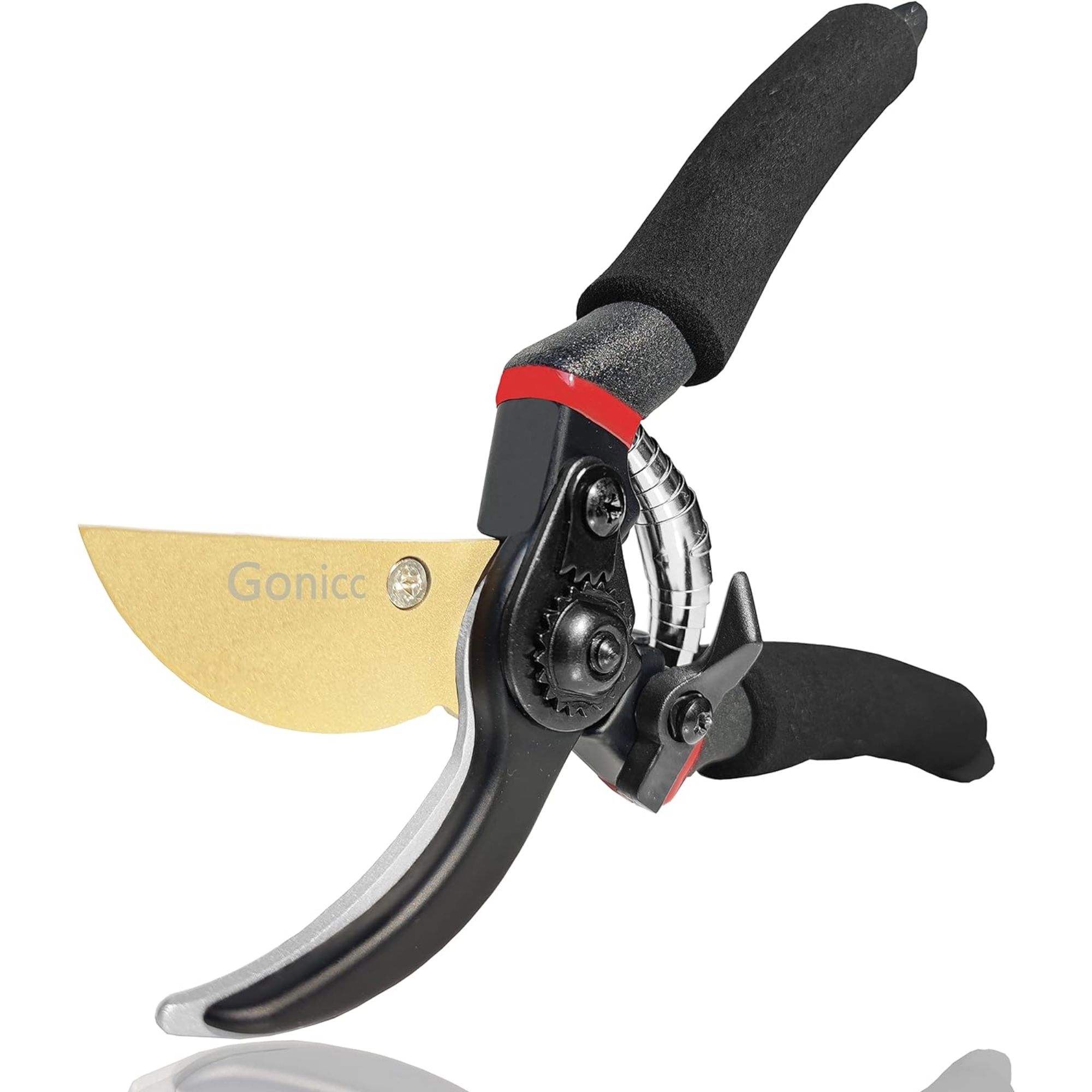
RRP: £12.30 | Ergonomically designed non-slip handles and premium titanium steel? No wonder these professional secateurs are so popular.
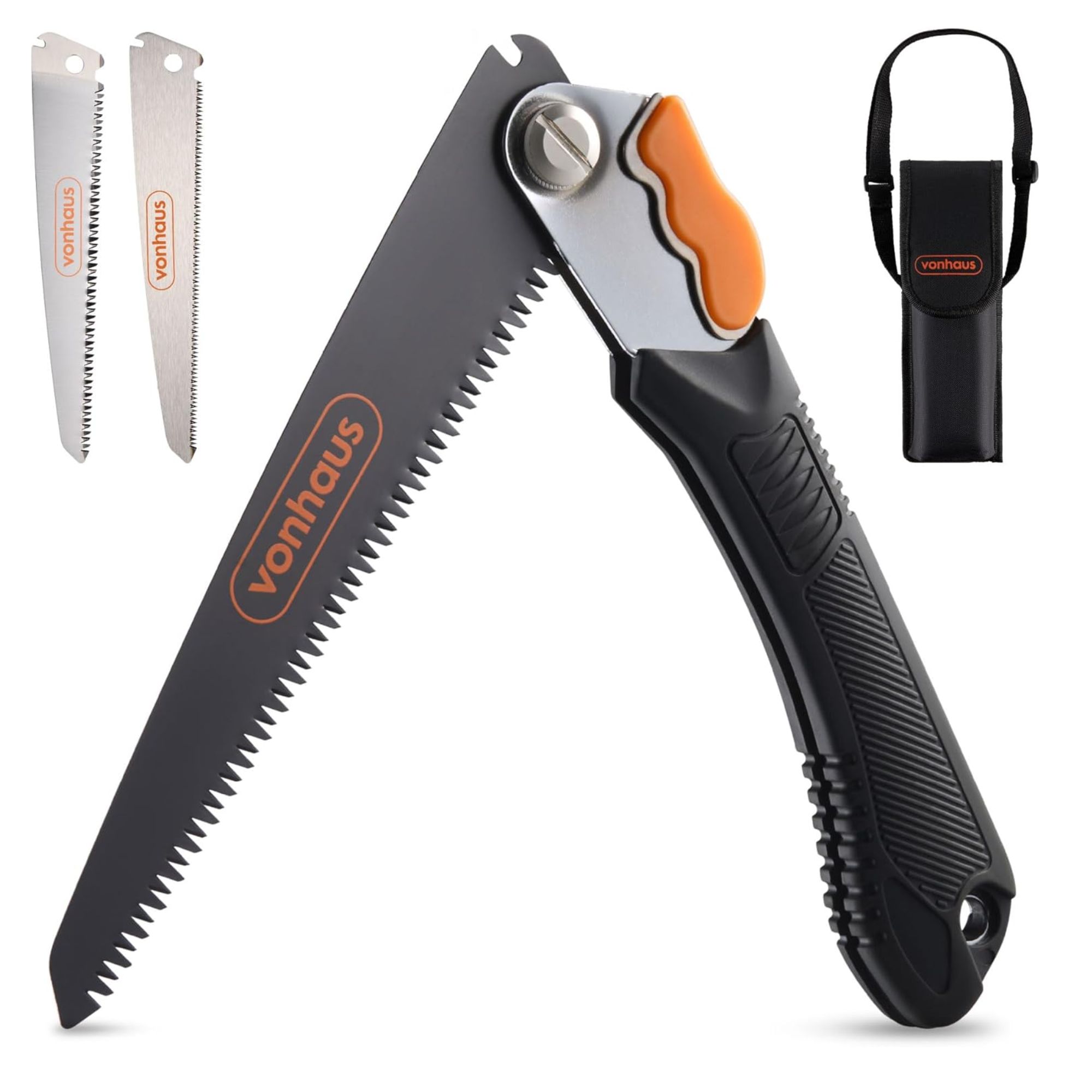
RRP: £11.99 | Designed for all your pruning, construction, and maintenance needs, this pruning saw is incredibly easy to use.
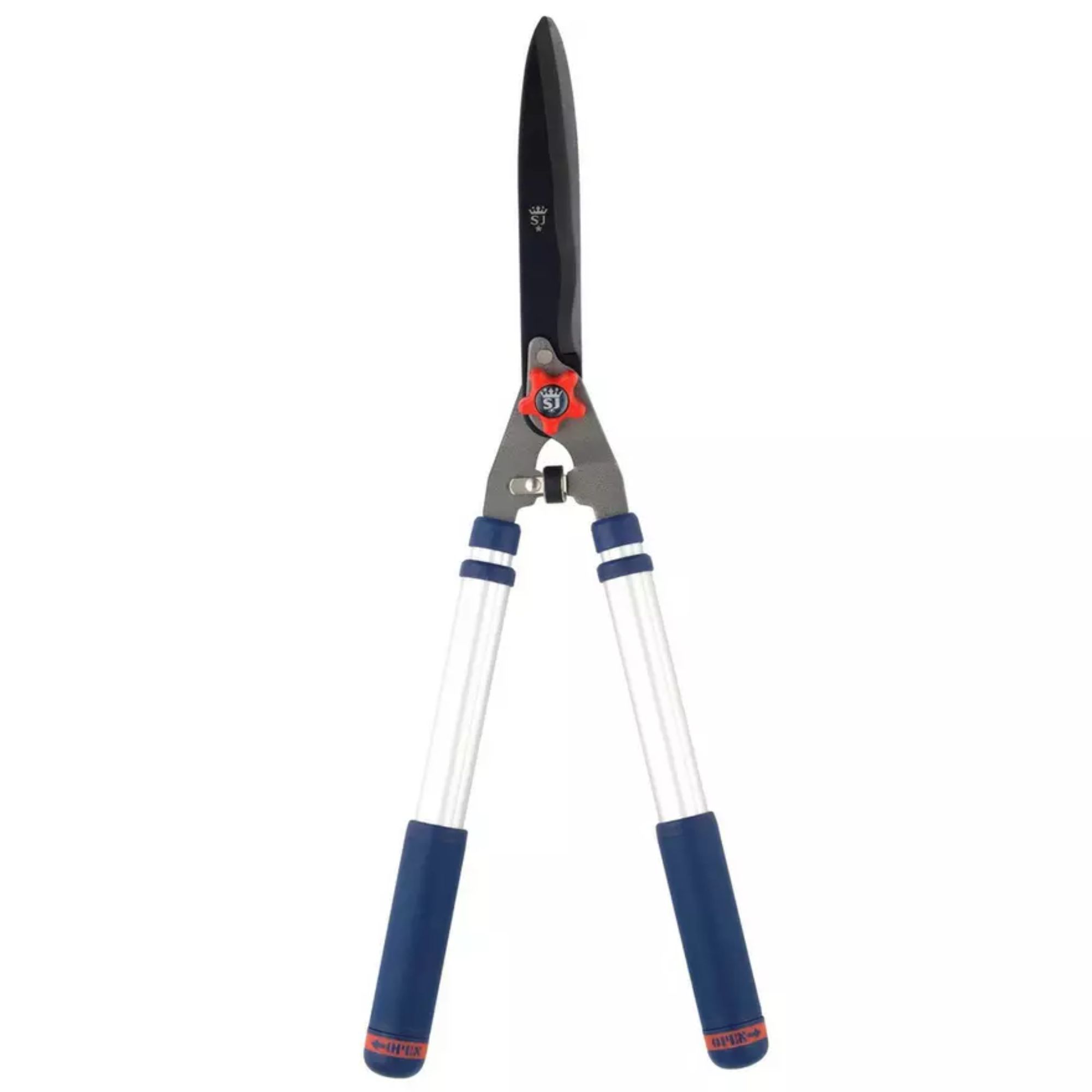
RRP: £26 | With a PTFE coating and carbon steel blades (for a smoother, sharper cut), these telescopic shears are a brilliant choice.
Which plants should have the Chelsea chop?
So, which plants does the Chelsea Chop work best on? According to the Royal Horticultural Society (RHS), it's the following:
- Achillea (Yarrow)
- Campanula (Bellflower)
- Delphinium
- Echinacea (Coneflower)
- Eupatorium
- Helenium
- Nepeta (Catmint)
- Phlox
- Lysimachia
- Rudbeckia (Black-eyed Susan)
- Sedum (now Hylotelephium)
- Solidago (Goldenrod)
"Many other summer- and autumn-flowering perennials can be treated similarly," add RHS experts promisingly.
How and when to Chelsea Chop?
You want to time your Chelsea Chop so it aligns with RHS Chelsea Flower Show (traditionally the third week of May) as this will give them the best chance of a second flush of flowers.
As previously mentioned, Monty Don is a fan of the Chelsea Chop method, writing via his blog that "if you have several clumps of these plants [you should] cut one of them about halfway up the existing growth".
"If you have just one big clump, then reduce just one-third of the plant in this way," he says. "The result will be that the pruned section will produce side shoots bearing extra flowers which will bloom a few weeks later than the uncut growth and extend the display into autumn."
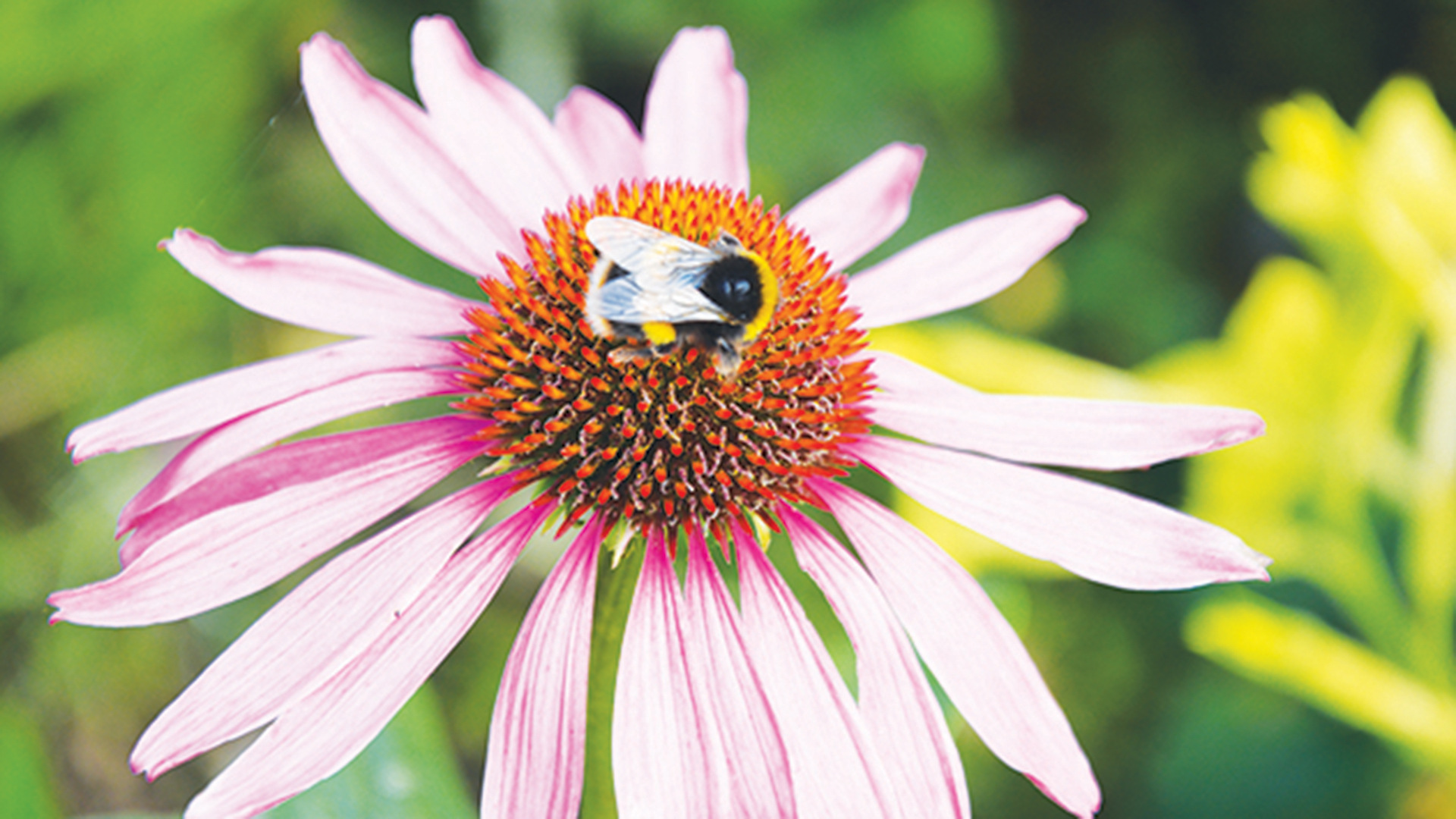
Now, each May, I find myself getting oddly excited about what I’ll chop back, and my garden has never looked better. It turns out, the Chelsea Chop isn’t about destruction: it’s about timing, patience, and a little bit of courage.
As Morris puts it: “Don’t be scared. The Chelsea Chop might just surprise you.”
It certainly surprised me. It taught me that sometimes, a strong cut isn’t damage: it’s care. That growth can come from letting go. And those gardens, like people, often flourish after a little reset.
So now, when my husband storms out into the garden with his secateurs and a suspicious gleam in his eye, I no longer gasp. I grab my own and join in.







